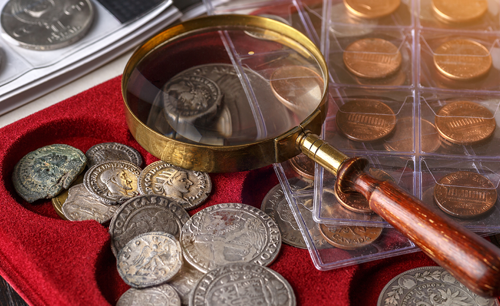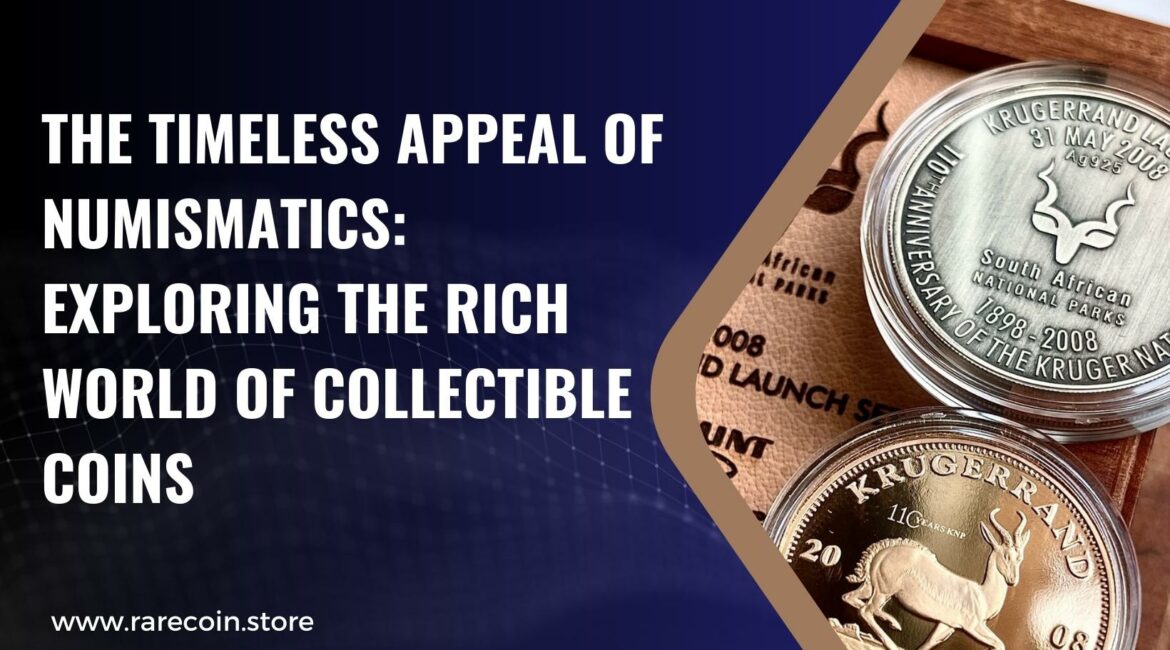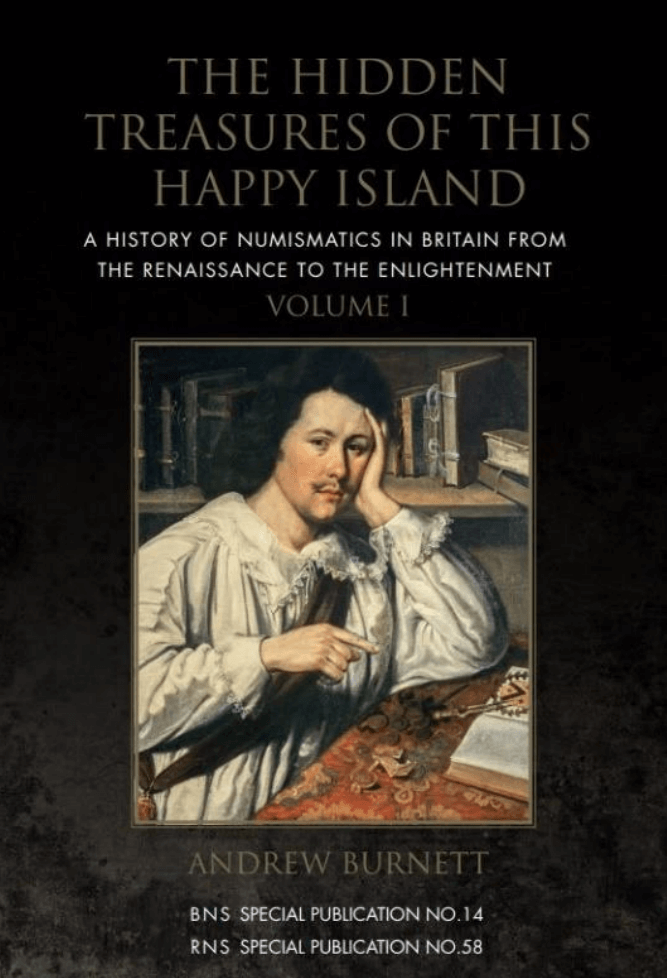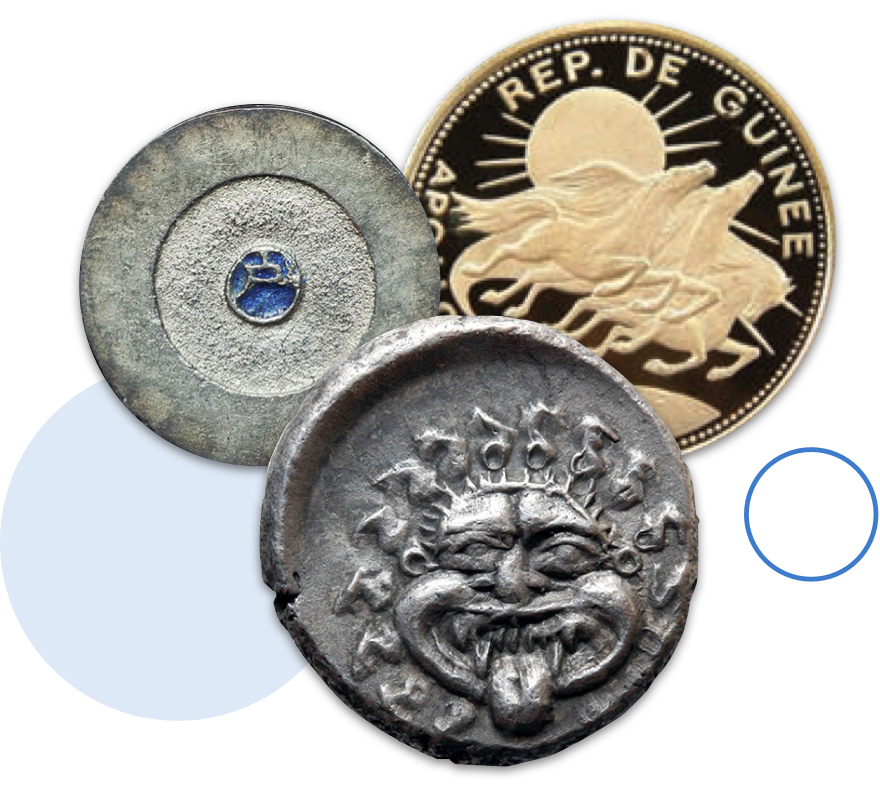New News For Deciding On Banknote Identification And Treasury
New News For Deciding On Banknote Identification And Treasury
Blog Article
What Can I Do With A Numismatics Database To Study Global And Regional Association?
This is a systematic method for conducting this type of research. Here's a method for conducting such research: Database selection: Choose databases that are specialized in the numismatic community, for instance, websites of major numismatic society like the American Numismatic Association(ANA) or the International Numismatic Council(INC) or a regional associations like the Numismatic Association of Australia. Academic databases and repositories like JSTOR offer access to conference proceedings and academic articles.
Define Research Focus: Specify your research objectives. Do you want to learn more about the history and work of international numismatic societies as well as regional collaborations, conferences, publications or specific numismatic subjects discussed in these organizations? Make sure you know where to look in order to direct your search.
Search Strategy: Use keywords such as "numismatic" or "global" Add specific names for organizations, geographic regions or other geographical regions in the event that they are pertinent. Make use of advanced search tools to narrow results by date, document (such a conference papers or newsletters) and geographic scope.
Data collection: Get details on the goals, membership history publications and activities of organizations from across the globe and in regional regions. Details on past and future research, conferences, and workshops are available. Learn about the association's members along with their leadership and how to reach them.
Analysis: Examine data to understand the influence of local and global society of numismatics. Examine how these organizations aid in the development of numismatic research, promote international collaborations, and disseminate research through conferences and publications.
Cross-Referencing - Verify the accuracy of your findings by cross-referencing data from different sources and databases. Review the projects and initiatives undertaken by different associations in order to get the complete overview of the numismatic trends on the regional and global levels.
Documentation: Document your findings in a systematic manner by citing sources and noting the methods used. Define the databases that you used, the terms that you looked up, as well as the relevance of your search to your question.
Keep Up-to-Date: Numismatic organizations change as time passes, with new publications, conferences, and collaborative projects recurring. Stay up-to-date by checking the association's websites newsletters, newsletters and databases for scholarly research.
Utilize these tips to use databases efficiently to research numismatics and global and regional associations. This method lets you examine the structure of organizations and scholarly activity as well as collaborative efforts which define the field of numismatics on both a global and regional level. View the top rated coin society for blog tips including dinar, coin planchet, banknote expo, banknote authenticity, authenticity, rupee, gold, lira, coin planchet, banknote rarity and more.
What Can I Do With A Database To Research Numismatics Regarding Mines?
For conducting such research, here's a methodical strategy: Database Selection Select databases that are specialized in mining history, historic mining sites, or the metals used for coinage. Here's a systematic approach to conduct research on this subject: Database Selection: Choose databases that are specialized in mining the past, mineral resources, and the sourcing of the metals used in coin production. Examples include geological surveys, mining databases of companies, historical mining records, and the numismatic research platforms.
Define Research Focus: Specify your research objectives. You might be interested in historic mines that provided metals for coinage and the geographical origins of coinage metals, mining methods employed in different historical eras, or economic impacts of mining on numismatics. Know what you're seeking to know in order to guide your exploration.
Search Strategy: Utilize specific keywords like "mining", "coinage," and "historical mines," as well as metal names like (gold or silver), geographical regions, etc. Advanced searches can be used to narrow down the results based on date, document type (such a geological survey or mining report) and mining techniques.
Data Collection: Access data on historic mines that produced metals that were used in coinage. Gather information about mine locations and dates, as well as the date of extraction, the metals, production quantities, and any documents related to mining activities.
Analysis: Study and analyze the connection between mining and the numismatics. Learn how the production of coins was influenced by the purity and availability of the metals, coinage standards and the economic importance of the mining areas.
Cross-Referencing: Check your research findings by cross-referencing data across different sources and databases. This guarantees the accuracy and completeness of your research, providing an extensive view of mining activities that impacted the field of numismatics.
Documentation: Documentation is crucial. Cite sources and note the methods employed. Note the details of the databases used, the search terms used, and the relevance of every source you use to answer your research needs.
Stay informed Current discoveries and new research could alter mining records. For the most up-to-date information about mining and numismatics, stay updated with news from geological studies and mining company documents as well as research platforms.
Take these steps to effectively discover numismatics, mines and numismatics by using databases. This technique allows for a thorough analysis of historical mining operations which provided the metals needed to the production of coins, and provides insights into the technological and economic factors influencing numismatic evolution. Read the most popular banknote album examples for blog info including coin engraving, dirham, banknote marketplace, shekel, coin book, banknote certification, currency catalog, coin value, banknote authenticity, banknote value and more.
How Can I Find Out More About Numismatics For Historians And Researchers By Using Databases?
Here's a structured approach to conducting this type of research: Database Selection: Choose databases that focus on research in numismatics as well as historical archives and academic journals and also institutions' repositories. This is a methodical way to conduct this type of research: Database selection: Select databases that specialize in numismatics, historical archives and academic journals. JSTOR as well as Google Scholar are excellent examples, as are journals of numismatic societies (such the American Numismatic Society), university library databases, and historical archives.
Define Research Focus: Specify your research objectives. Do you wish to learn about the history of objects of numismatic origin What are the techniques employed in numismatic research are historians focusing on particular numismatic topics or what contributions have researchers made to numismatic scholarly work? Find out the purpose of your research.
Use keywords, like "numismatics," “numismatics research," "historical numismatics," and if relevant historical periods, geographical areas, or topics related to numismatics. Filter results using advanced search features. This includes filtering by date, document types (such as dissertations, conference papers, articles) and author affiliations.
Data collection: Search for information from scholarly journals, research papers, archives of historical significance, and other sources related to numismatics. Obtain details, such as author names, publication names abstracts, methods as well as historical contexts. Look up databases for digital numismatic collections or research project access.
Analysis: Study the data to understand the theories and methods employed by historians and researchers in studies of numismatics. Analyze how numismatics-related artifacts are utilized to support the narratives of historical events or studies in culture. Review different research methods and findings on numismatic matters.
Cross-Referencing Check your results by cross-referencing data from multiple databases and academic publications. This ensures that your research is thorough and accurate. It also gives you more insight into the work of researchers in numismatics.
Documentation - Record your findings in a systematic manner, noting sources and techniques. Take note of the information in the databases you visited, the search terms employed and the significance each resource has to your research.
Stay up-to-date: Numismatic research and scholarly journals continue evolve. Stay up-to-date by reading the latest news from academic journals and numismatic society websites.
Following these steps, you can effectively utilize databases to study numismatics with respect to historians and scholars. This approach allows you to study the methodology that are used, the historical interpretations, as well as scholarly inputs that help shape our understanding of numismatics context of wider cultural and historical contexts. See the top rated precious metals info for blog info including coin book, banknote identification, legal tender, coin magazine, coin blank, gold coins, banknote holder, currency history, bank, lira and more.
How Can I Search For Experts On Preservation And Conservation Using A Numismatics Database?
You can, for instance, make use of databases to study conservation and preservation experts. They will contain cases studies, conservation methods, and conservation specialists and their contributions. To conduct a study you should follow the following structure Databank Selection: Choose databases that are focused on the preservation and conservation of artifacts from the past including the numismatics. A few examples are websites of conservation organizations (such as the International Institute for Conservation of Historic and Artistic Works) museums' conservation departments and publications that specialize in numismatic preservation.
Define Research Focus: Specify your research objectives. Are you interested in learning about the conservation methods for items of numismatic value as well as case studies on the restoration of medals and coins, conservation prevention measures or ethical considerations? Clarify what you are seeking to reduce your search.
Search Strategy: Use keywords like "numismatic conservation,"" "coin preservation methods," "conservation practices for medals," and include specific conservation techniques (such as cleaning and stabilization, storage) or historical periods when relevant. Use advanced search options to sort results based on dates, conservation topics, and case research.
Data Collection: Get data on conservation practices as well as preservation techniques that can be applied to numismatic artifacts. Details such as case study on conservation practices, publications about conservation strategies that prevent damage and interviews with conservationists can be collected.
Examine the data to understand the methods that are used, the challenges and new ideas in conservation of numismatics. Examine conservation practices and their effect on the conservation of artifacts. Consider the application of analysis based on science when making decisions about conservation.
Cross-Referencing Validate your findings by cross-referencing across databases, conservation organisation websites, museum conservatories, and scholarly journals. This ensures accuracy and the completeness of your study. It also provides complete information on the preservation of numismatics.
Documentation: Document your findings consistently by citing sources and listing the methods you used. Keep track of information such as the databases that you have accessed as well as your search terms and their relevance to the research questions.
Stay informed. Conservation techniques and preservation methods are always evolving due to advances in technology and science. Stay up-to-date by following updates from conservation organizations, museums conservation departments and other publications on numismatic preservation.
Follow these steps to utilize databases effectively to explore the numismatics of conservation and preservation experts. This method lets you examine the ethical and methodological approaches employed by conservation experts in conserving numismatics. Additionally, you can gain insights into how they've helped. Read the recommended updated blog post for rial for website info including proof coins, coin grading, legal tender, half-dollar, silver coins, coin magazine, coin release, currency history, coin die, banknote marketplace and more.
How Can I Access An Online Database To Search For Numismatics As Well As Industry Consultants?
To conduct research on numismatics it is crucial to use databases that include information on industry reports individuals, consultants, and numismatic societies. A systematic approach is offered to help you conduct this kind of research. Business directories, websites of firms that consult, publications of the numismatic society, and databases that are specific to the industry are examples.
Define Research Focus: Specify your research objectives. Are you interested in learning more about the services of consulting offered to numismatic businesses and market analysis reports on numismatics? Or the expertise of individual consultants in particular numismatic sectors, or trends identified by industry consultants? Find out more about the services that can help you.
Search Strategy: Utilize keywords such as "numismatic industry consultants,"" "consulting firms that specialize in Numismatics," "market analysis of coins" as well as include specific areas of expertise or geographical regions, if relevant. Advanced search options let users to filter their search by date, specialty of the consultant, and consulting service offered.
Data Collection: Access information about consulting firms that specialize in the field of numismatics. In addition, there are consultants from industry who offer services to businesses that deal in numismatics. Collect information such as consultant profiles, specialization areas (market analysis, collection management, authentication) and testimonials from clients, and reports authored by industry experts.
Analyze the data to evaluate the importance and contribution of consultants in the numismatic market. Evaluate the expertise and methodologies employed by consultants in advising on numismatic investments, market trends and collection management strategies and regulatory compliance issues.
Cross-References: Verify the accuracy of your data by comparing it to different databases, the publications from numismatic organizations, and reports from the field. This lets you conduct a thorough and accurate study. Also, you'll be able to see the full overview of the consulting industry in the field of numismatics.
Documentation - Document your research findings in a systematic way, noting sources and methods. Detail the databases that you use, the search terms used and relevance of sources to your questions.
Keep informed: As economic conditions shift and regulatory requirements are revised, so do consulting services and market developments in numismatics. Keep yourself up to date by keeping track of updates on consulting firm websites as well as industry publications and numismatic societies' publications. They will offer the most recent perspectives and information from experts in the field.
You can use databases to study numismatics and the consultants who work in this industry. This approach allows for a thorough investigation of market analysis as well as strategic information provided by consultants in the numismatic field. They are able to provide valuable perspectives on business operations as well as investment strategies and market changes. Have a look at the top lira url for website info including coin news, coin identification, banknote grading, shekel, banknote production, banknote catalog, coin dealer, bullion, coin identification, silver coins and more.